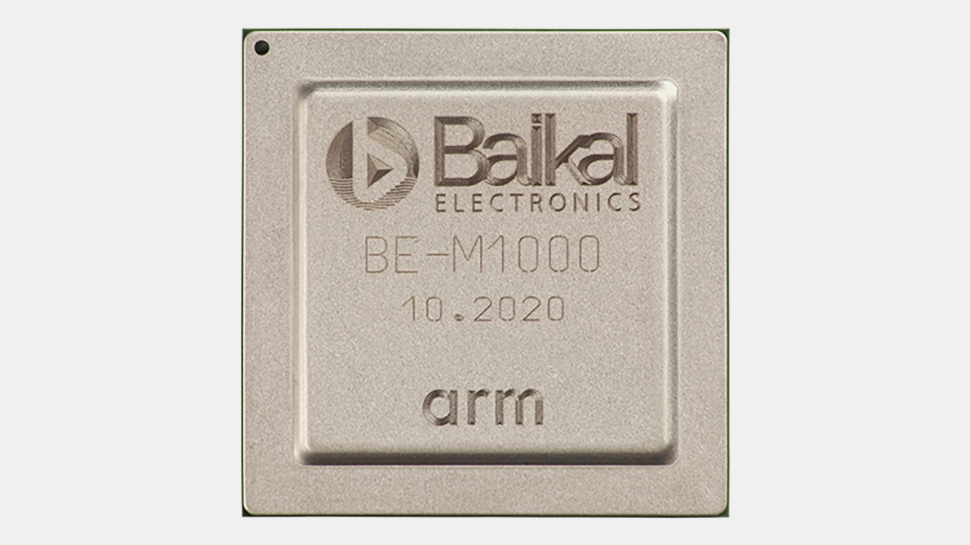Russian Baikal Electronics Set to Take on Nvidia with AI ASICs

Baikal Electronics, a Russian developer of processors and system-on-chips, is gearing up to develop AI processors to address the country's needs for artificial intelligence applications. The venture expected to span three years and costing potentially 2 billion rubles ($21.25 million), according to estimates by a former employee of MCST, another Russian CPU developer.
"A new division has been formed to develop a lineup of specialized chips for artificial intelligence, which will adopt the best architectural practices existing at the moment," said Andrey Evdokimov, chief executive of Baikal, in an interview with CNews. "A key task for the team is to build a software ecosystem for the new processors."
The new division will focus exclusively on building application-specific integrated circuits (ASICs) for artificial intelligence application. The high-ranking executive of the company did not mention whether its ASIC will be designed for training or inference, or will be optimized to run both type of workloads, like Nvidia's high-end GPUs. In fact,specific aspects like the project timeline, financial commitments, and intricate details of the chip development remain confidential.
When it comes to hardware used for AI training and inference, Nvidia leads the market and effectively monopolizes certain segments of AI hardware solutions. Meanwhile, export of high-end Nvidia products, such as A100 and H100, to China and Russia is barred by the U.S. export rules.
"The leader in the development of specialized chips for artificial intelligence is Nvidia, which can effectively be considered a monopolist in certain segments of hardware solutions," said Maxim Maslov, the lead developer of AI ASICs at Baikal. "The export of Nvidia products to Russia is officially prohibited, and there are also restrictions on exporting advanced solutions to China."
While Nvidia has developed cut-down A800 and H800 versions of its compute GPUs for China, it does not look like these parts are available for Russian customers.
"Despite the critical importance of specialized hardware for the development of artificial intelligence technologies, the gap between leading global and Russian developments is evident," Maslov added. "Existing domestic solutions are niche and do not cover the entire spectrum of necessary tasks, lacking the necessary software ecosystem."
Baikal believes that this gives the company a chance to address Russia's needs for AI hardware in the coming years. What is unclear is where Baikal plans to produce its AI chips. Taiwan restricts shipments of advanced processors to Russia and Belarus, so TSMC and UMC can be excluded from the list of potential makers. U.S.-based Intel and GlobalFoundries are also unlikely candidates due to sanctions against Russia by the U.S. and Europe. In theory, China-based SMIC can make certain chips for Baikal, but it may turn such orders down fearing further scrutiny from the U.S. government.
Amazon Web Services and Google also have their own AI processors for training and inference and they are available in the cloud. Meanwhile, it is unclear whether Russian companies use these AI cloud services.

